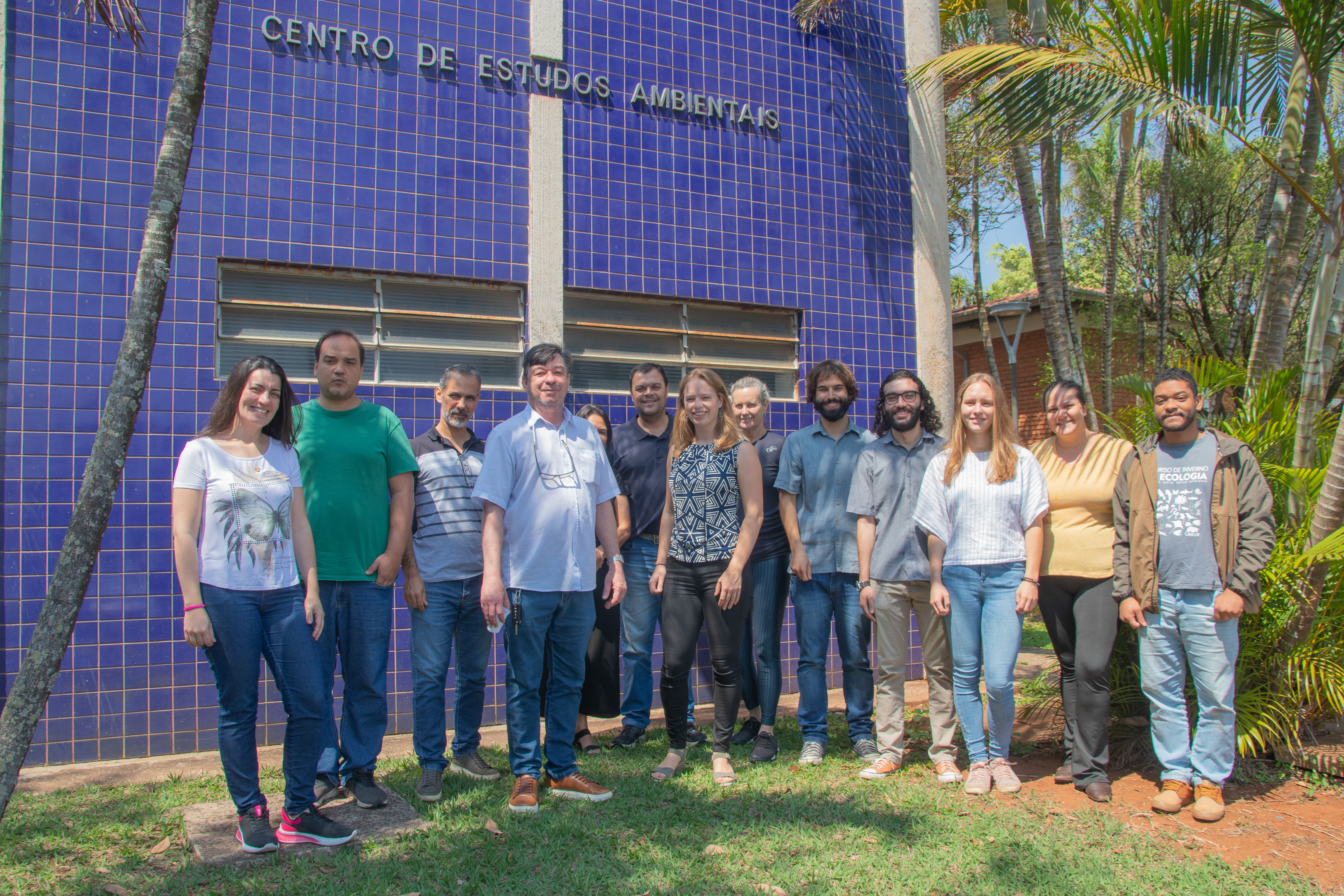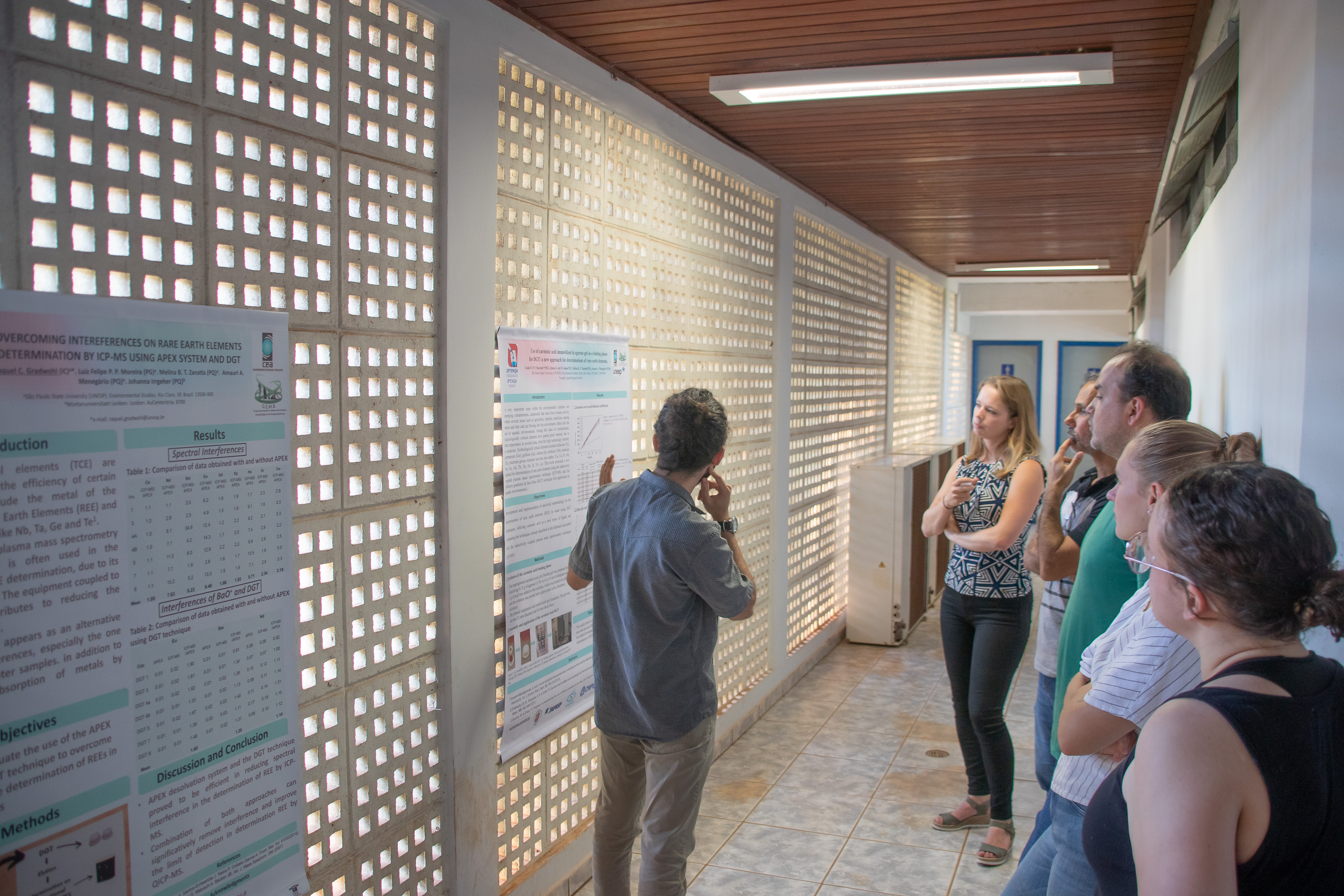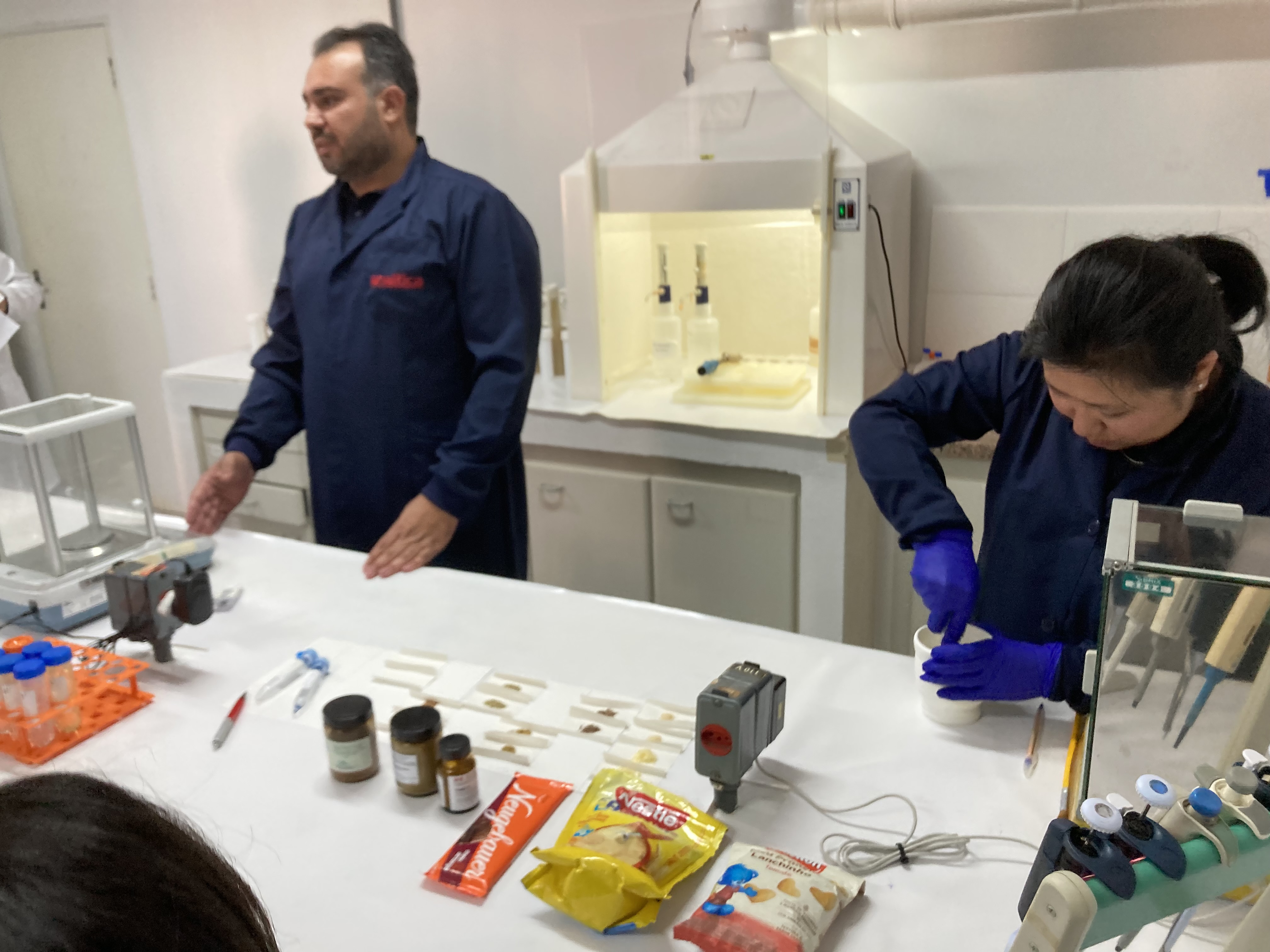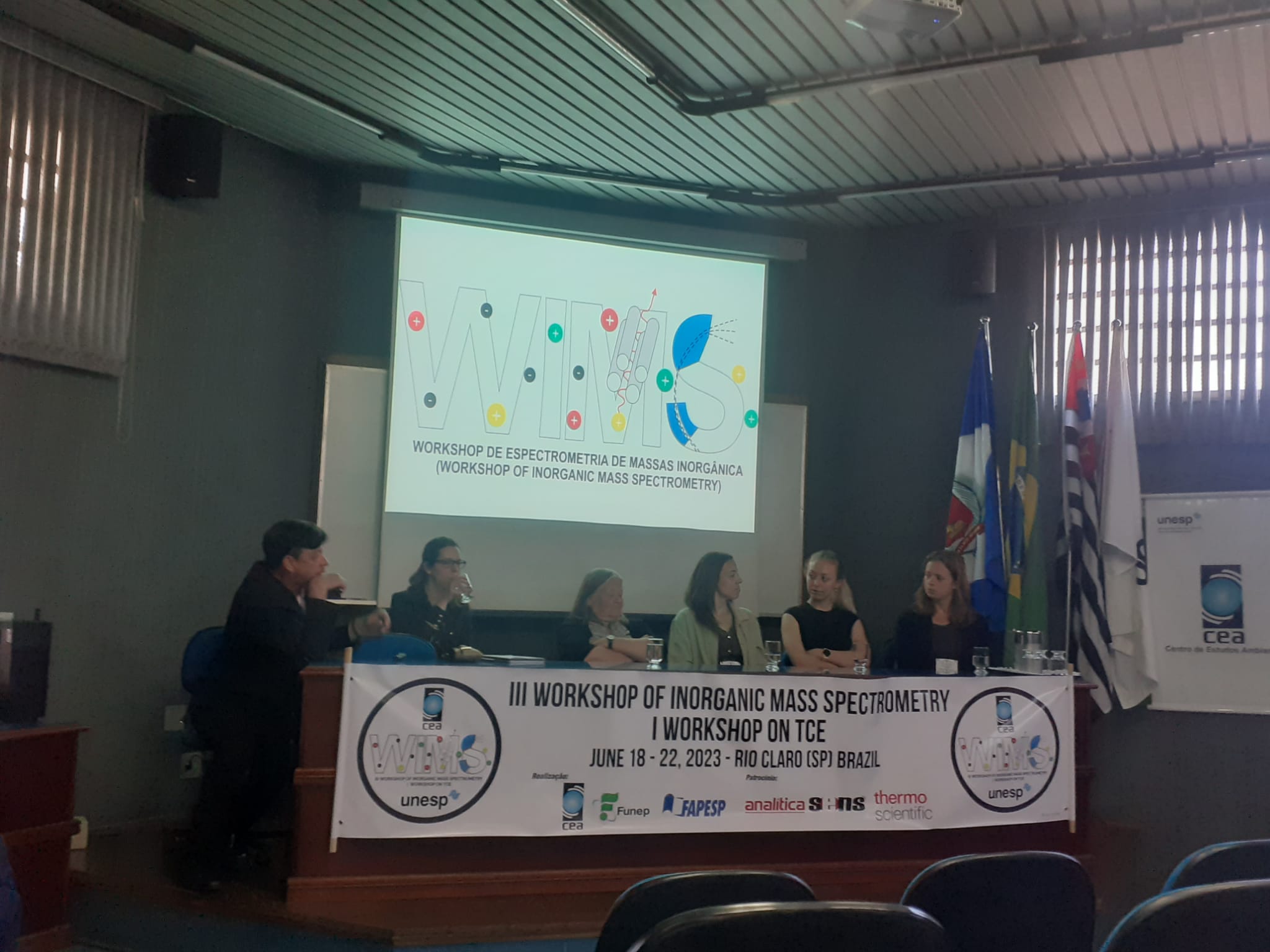Tracking ecosystem releases by oil and natural gas production with marine tetrapod
TU Delft researcher Dr. Robin de Kruijff and CEA/UNESP researcher Prof. Amauri Menegário were awarded a SPRINT grant to investigate the contamination pathways of marine tetrapods following oil explorations in the Santos basin, close to Sao Paulo, and organize exchange activities between the two groups.
The project commenced with a site visit of the Dutch researcher to the São Paulo State University (Unesp), Environmental Studies Centre, Rio Claro, Brazil Rio Claro in October of 2022. During this visit, a two-day workshop was organized: the 1st Workshop CEA/Unesp - TU Delft (the Netherlands): Determination of trace elements using ICP-MS, INAA and DGT. This workshop was focused on the analysis of trace elements, and aimed to exchanging research experiences between the two groups. Presentations were given by Dr. Marina Teixeira Zanata, Dr Carlos Alfredo Suarez, Gabriel Ribeiro Castellano, and Lucas Pellegrini Elias from Unesp on their research involving the assessment of rare earth elements in the soil in Brazil, trace element analysis in marine tetrapods, and soil CO2 emissions. A lecture on the INAA (instrumental neutron activation analysis) technique, as alternative to ICP-MS (inductively coupled plasma mass spectrometry) was given by the Dutch researcher, as well as a presentation about the on-going research at the group in Delft. The workshop concluded with a poster session where the bachelor and master students were given the opportunity present their research work.
In November of that year, Prof. Menegário visited the Netherlands, where tours of the experimental facilities and the nuclear reactor were organized. He gave a symposium talk about the determination, fractionation and speciation of rare earths elements in environmental samples using ICP-QMS, ICP-MS/MS and DGT (diffusive gradients in thin films) techniques. Furthermore, Prof. Menegário was introduced to the neutron activation analysis facilities, where samples from ten different species of marine tetrapod were analyzed. To accelerate understanding of the contamination pathways of marine tetrapods, and determine whether there exists a relation between these levels to both exploration activities as well as oil and natural gas production in the Santos basin, liver tissue samples of different species that are commonly found in that area have been collected. The concentrations of a total of 12 trace elements in the biological material had been determined by ICP-MS in Brazil prior to having been shipped to the Netherlands, where they were analyzed with INAA. A good agreement between the concentrations of the different rare earth elements was found between the two techniques used at the different laboratories.
The project was concluded with the 4-day WIMS - WTCE conference organized June 2023 in Rio Claro, Brazil. From the Netherlands, Dr. Robin de Kruijff and Baukje Terpstra attended the conference, which included recognized national and international speakers: Prof. Montserrat Filella, Prof. Marco Aurelio Zezzi Arruda, Prof. Marcia Mesko, and Prof. Amauri Menegário and his team, amongst others. The workshop commenced with a fundamental theoretical course on ICP-QMS, ICP-HR MS and ICP-MCMS, after which a practical training on ICP-MS and HR ICP-MS was organized. This practical workshop was highly valued by the Dutch team, who have recently acquired an ICP-MS in their laboratory but did not have the in-depth knowledge on trace element determination, which is the expertise of the Brazilian group. Conference days with very diverse and interesting talks and panel discussion followed, with many new connections made between the participants.
Over the course of the past year, this SPRINT project has fostered several exchange missions and workshops between the groups in the Netherlands and Brazil, resulting in valuable knowledge exchange and encouraging multidisciplinary approaches to critical research in the Santos basin. It has demonstrated the feasibility and representativeness of using neutron activation analysis as an alternate technique to ICP-MS for the determination of trace element contaminations in marine tetrapods.



